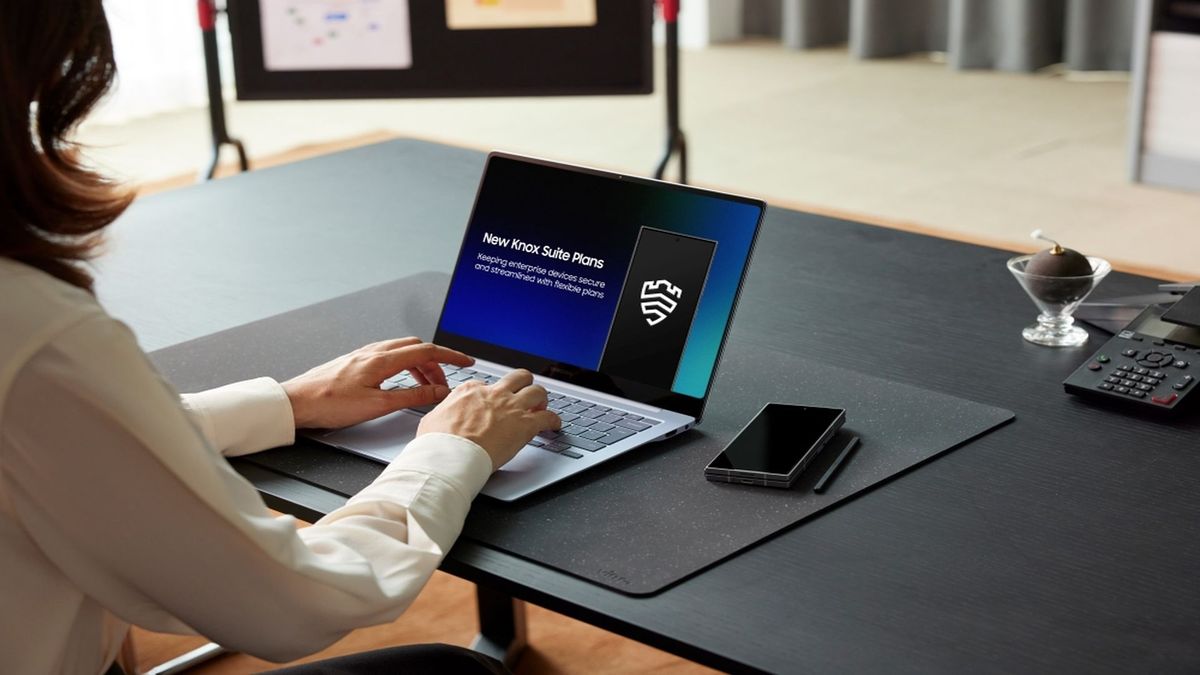- Samsung wants to expand Knox beyond its traditional enterprise remit
- Three tiers are now available with basic plan available on all Samsung Galaxy devices at no extra cost
- Base, Essentials, and Enterprise plans are tailored to address varying levels of security and management needs
Samsung has announced a new update for Knox Suite, its enterprise security and management solution for Galaxy business smartphones.
The updates introduce a tiered plan system, designed to cater to businesses of various sizes across multiple industries, from small businesses with a cybersecurity checklist through large enterprises.
This shift marks a departure from the previous single-plan model, aiming to broaden Knox Suite’s appeal beyond the enterprise.
New Knox plans
The revised Knox Suite now comprises three distinct plans: Base, Essentials, and Enterprise, each of which is tailored to address varying levels of security and management needs.
The Base Plan is available at no additional cost and offers essential features like Knox Mobile Enrollment and Knox Platform for Enterprise; simplifying device setup and providing foundational security.
For companies seeking more robust management capabilities, the Essentials plan provides unified device management and real-time troubleshooting via Knox Manage and Knox Remote Support.
The Enterprise Plan, designed for organizations with extensive device fleets, adds features such as OS version control, intelligent insights, and advanced security tools like Knox E-FOTA and Asset Intelligence.
According to Samsung, businesses can scale their Knox Suite usage according to operational needs. For example, a significant advantage of Knox Suite is its compatibility with existing Enterprise Mobility Management (EMM) systems, allowing businesses already using EMM platforms to incorporate Knox Suite without disrupting their current workflows.
Samsung also partners with leading EMM providers to enhance accessibility and integration for enterprises with diverse IT setups.
“Enterprises of varying sizes and industries have diverse device management needs, but ultimately are looking toward the same end goal – enabling secure, productive mobile workspaces,” said Samsung’s EVP and Head of B2B Team and Mobile eXperience Business, Jerry Park.
“Through these new scalable solutions, Knox Suite is now optimized for all types of operational use cases, empowering businesses to comprehensively and intelligently manage enterprise ecosystems.”


















 Pensioners are worried about a potential looming tax raid GETTY
Pensioners are worried about a potential looming tax raid GETTY Steve Webb said Daphne’s case provided a ‘glimmer of hope’ STEVE WEBB
Steve Webb said Daphne’s case provided a ‘glimmer of hope’ STEVE WEBB












You must be logged in to post a comment Login